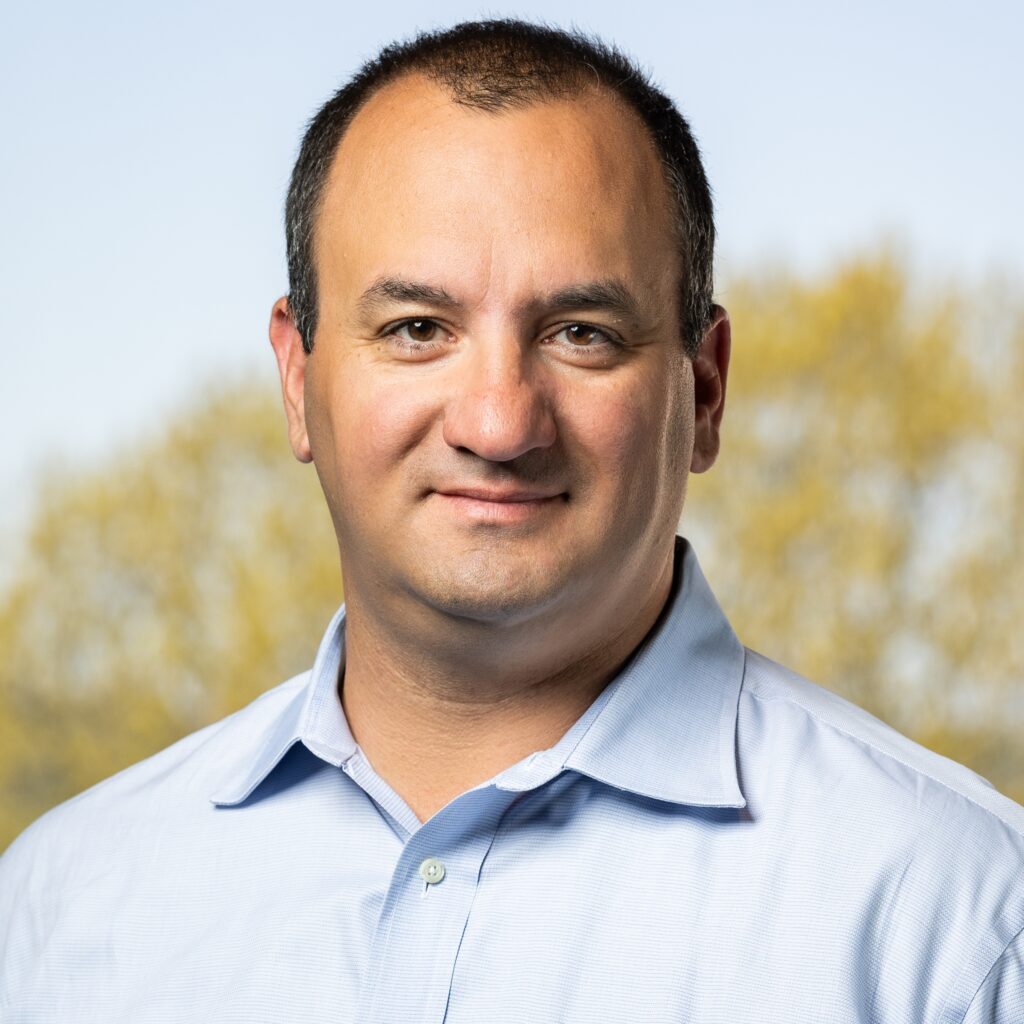Picture this: You’re currently approaching your target retirement age and have accrued a sizable nest egg. You’d like to purchase a vacation home to use as a retreat during your later years, and you’re comfortable with the plans you have in place for your post-work life. It’s time to retire, right?
When devising a strategy to manage cash flow planning at retirement, we often tell clients the question they should be asking is not “Can I retire?” but “Can I retire the way I want?” In reality, there are several factors that go into a retiree’s annual expenses, and it’s critical to have a clear picture of your financial goals before cutting off your primary source of income.
What’s right for one person is not necessarily right for another, so a one-size-fits-all approach is never the solution. That’s why we begin each client engagement by spending a significant amount of time with them to better understand what’s most important to them, and establishing their goals. Once we know what they’d like to accomplish with their wealth, we can then create a cash-flow projection based on current spending levels that predicts their spending during retirement and the impact spending will have on their liquid assets. This process tends to be profoundly helpful for our clients because they’re able to refer to clear data when making important life decisions.
But before we begin forecasting for future spending, there are a few questions we ask our clients to help us project the most accurate results.
How much do you plan to spend annually during retirement?
This is often a difficult question for our clients to answer, because most people do not have a clear grasp of what they spend on a regular basis. As a wealth manager, we sometimes see new clients come in who are 55 years old, have just acquired a significant amount of wealth and want to retire right away. But once we show them that this money needs to last 45-50 years, they completely change their perspective. We then work with them to devise a strategy that extends the life of that money for as long as possible.
Many think their expenses will go down when they retire, but in many instances that couldn’t be further from the truth. In fact, based on the type of retirement lifestyle you desire, your expenses could actually increase. Maybe you’d like to travel around Europe or invest in a vacation property. Did you factor in medical bills? Maybe you should be considering long-term care insurance. These are all puzzle pieces that we try to put together for each of our clients so we can ensure that there is sufficient cash flow during their later years.
Do you have any philanthropic desires?
For some people, leaving a financial legacy means allocating a portion of their wealth for various charities. But when incorporating charitable giving into their retirement planning, many do not consider the tax and personal benefits of gifting to charity. To give an example, we had a client who wanted to donate a portion of their wealth to fund a construction project at a local hospital after they passed away. The new building would be dedicated to the family, bearing the family name in memorial. We reminded them that if they waited until they were deceased, they may not receive the full tax benefits from their charitable contribution and also would not be around to see the finished product. For some, this plan might be fine, but it’s important to keep these thoughts in mind when prepping for the future.
Will you be leaving behind a legacy for your heirs?
Would you like to set up an inheritance plan? How much risk are you willing to take to maximize what you pass onto your children? Do you know when that transfer of wealth should occur? When approaching retirement, it’s common for our clients to begin asking these questions, but understanding the best approach for your situation is crucial to crafting the right plan. For instance, perhaps you choose to leave your financial mark by naming your children or grandchildren as beneficiaries to your Roth IRA because of the tax-free distributions. Or maybe you’d rather leave the family home to your children. Whatever path you decide, your legacy plan should be completely tailored to suit your goals.
We also encourage our clients to use their retirement years to appropriately prep their heirs for this transfer of wealth. While many families invest significant time and expense preparing tax, legal and estate plans, families too frequently fail to prepare their heirs. This lack of communication can set into motion common but avoidable mistakes. Holding family meetings dedicated to your family vision, engaging the next generation and building trust are key to ensuring that your family legacy is preserved.
How should we be investing to help meet your goals?
When people retire they tend to want to be more conservative with their investment decisions. But it’s important to remind our clients that their decisions should always relate back to their individual goals. How did you respond to the other questions presented above? Have you taken all scenarios into account?
We find that many individuals approach investing backward. To use an analogy: When you seek medical advice, your doctor may spend the majority of his or her time diagnosing your issue and only prescribe the medicine at the end. With investing, many investors start with the “medicine,” which is the investment selection, and spend very little time on the “diagnosis,” which is the goal and strategy of the investment portfolio. By approaching investing backwards, investors leave themselves susceptible to both financial and emotional risks.
We often tell clients that when you are in your advanced years, you can’t necessarily afford to be conservative. You need to factor in inflation and a variety of other influences because your purchasing power becomes especially critical later in life. By focusing on the “diagnosis” when analyzing your investment portfolio, you can create a complementary strategy which will support your goals





